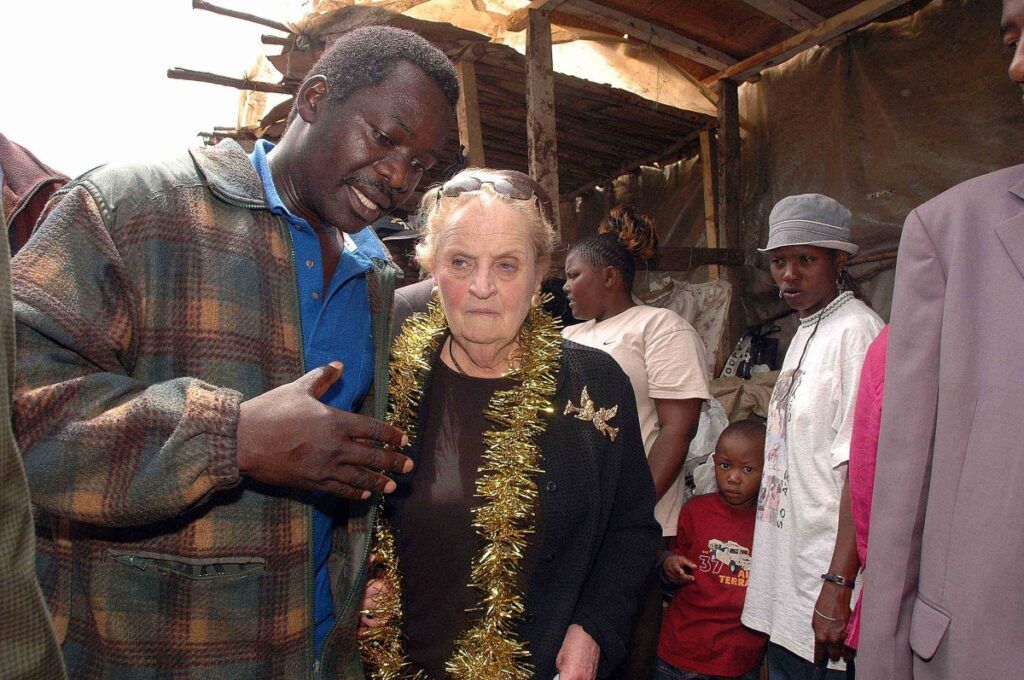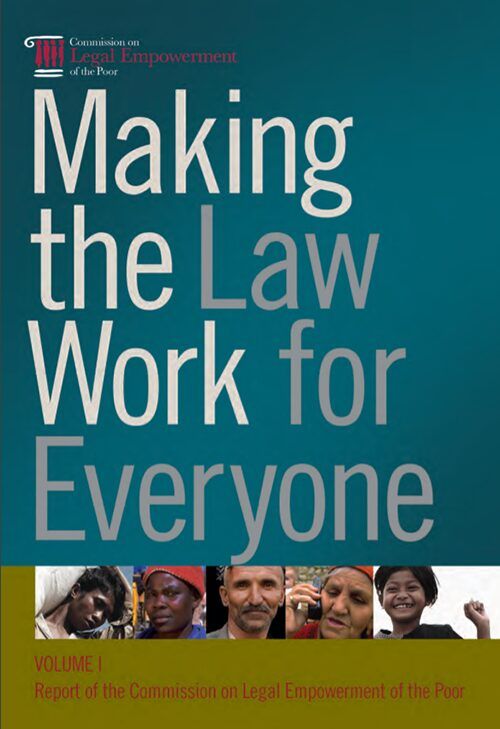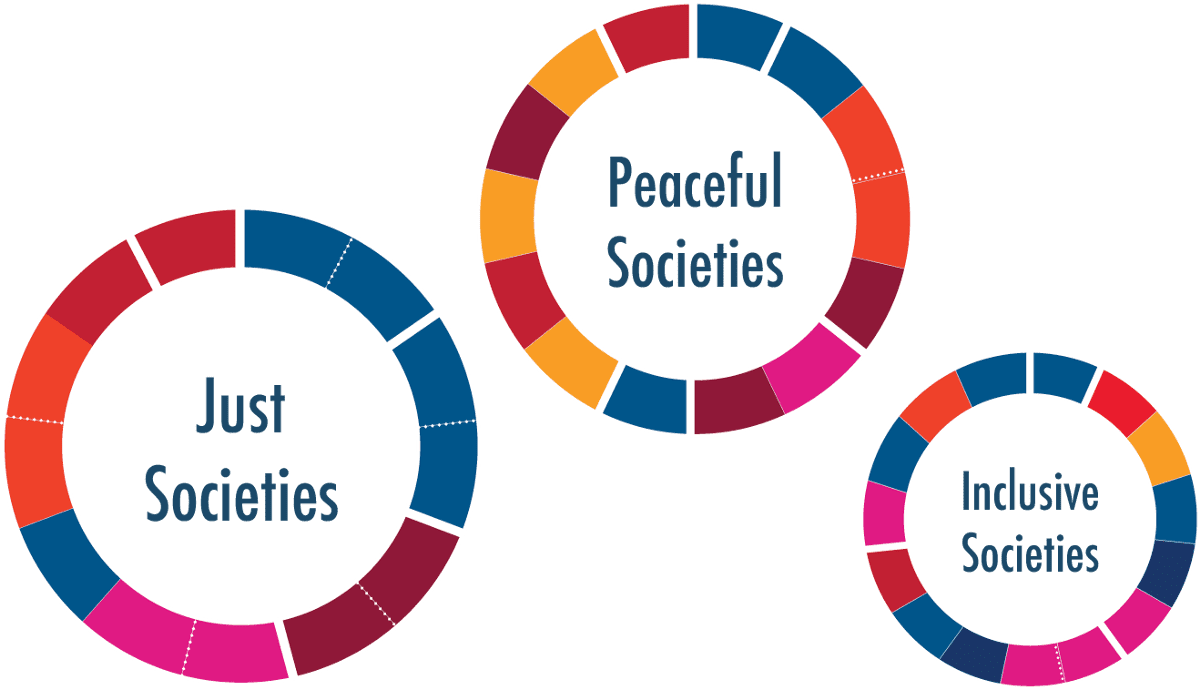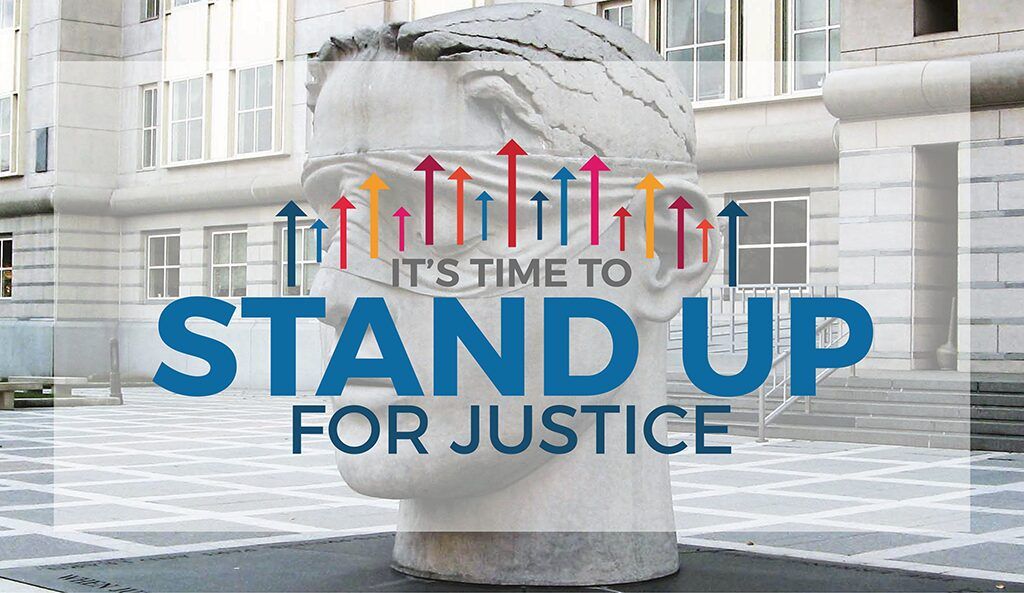
Array
(
[thumbnail] => https://s42831.pcdn.co/wp-content/uploads/2022/09/hero-placeholder-150x150.png
[thumbnail-width] => 150
[thumbnail-height] => 150
[medium] => https://s42831.pcdn.co/wp-content/uploads/2022/09/hero-placeholder-300x129.png
[medium-width] => 300
[medium-height] => 129
[medium_large] => https://s42831.pcdn.co/wp-content/uploads/2022/09/hero-placeholder-768x329.png
[medium_large-width] => 768
[medium_large-height] => 329
[large] => https://s42831.pcdn.co/wp-content/uploads/2022/09/hero-placeholder-1024x439.png
[large-width] => 1024
[large-height] => 439
[1536x1536] => https://s42831.pcdn.co/wp-content/uploads/2022/09/hero-placeholder.png
[1536x1536-width] => 1400
[1536x1536-height] => 600
[2048x2048] => https://s42831.pcdn.co/wp-content/uploads/2022/09/hero-placeholder.png
[2048x2048-width] => 1400
[2048x2048-height] => 600
[gform-image-choice-sm] => https://s42831.pcdn.co/wp-content/uploads/2022/09/hero-placeholder.png
[gform-image-choice-sm-width] => 300
[gform-image-choice-sm-height] => 129
[gform-image-choice-md] => https://s42831.pcdn.co/wp-content/uploads/2022/09/hero-placeholder.png
[gform-image-choice-md-width] => 400
[gform-image-choice-md-height] => 171
[gform-image-choice-lg] => https://s42831.pcdn.co/wp-content/uploads/2022/09/hero-placeholder.png
[gform-image-choice-lg-width] => 600
[gform-image-choice-lg-height] => 257
)
Legal Empowerment, Justice and Inclusion
Today, the Task Force on Justice is co-hosting Justice 2030: Time for Action with the Open Society Foundations and the Elders. This high-level event, held at the start of the 73rd United Nations General Assembly, marks the tenth anniversary of the report of the Commission on Legal Empowerment of the Poor. Looking at developments since the Commission’s report, CIC’s Maaike de Langen asks how we can deliver justice to people and communities most at risk of being left behind.
Exclusion from the rule of law
“In the 21st century, legal empowerment of the four billion excluded is the key to unlocking vital energies needed to end poverty and build a more stable and peaceful world.”
This was the conclusion of the Commission on Legal Empowerment of the Poor, as it wrapped up its work in 2008. The Commission, chaired by Madeleine Albright and Hernando de Soto, brought together former presidents, prime ministers and government ministers, with global human rights activists as well as some of the world’s leading thinkers on the market economy. Four billion was the Commission’s killer stat — the first estimate of the scale of legal exclusion. Based on survey data from 20 countries, it estimated that between 70 and 90 percent of those living in developing countries were outside the protection of the law. This left them vulnerable to abuse and discrimination, while robbing them of economic opportunities. Legal exclusion was a reflection of fundamental disparities of power. “In too many countries,” the Commissioners argued, “the laws, institutions and policies governing economic, social, and political affairs deny a large part of society the chance to participate on equal terms. The rules of the games are unfair.”
From exclusion to empowerment
The focus on legal inclusion, and the need for legal empowerment, was new. For the Commission, poverty was man-made and exacerbated by exclusion from the formal justice system and by a lack of access to property, labor, and ‘business’ rights.
In Making the Law Work for Everyone, its final report, the Commission offered an alternative to what Thomas Carothers had termed the “rule-of-law orthodoxy.” This is the approach to rule of law support that is heavily focused on state institutions, particularly judiciaries, and that relies heavily on foreign expertise. Legal empowerment, by contrast, starts with understanding people’s legal needs and the rules and mechanisms that govern their lives. Systemic change is required, with states using the law to enable the poor to realize their rights and the opportunities that flow from them. But so is direct action to address these needs — in communities and not just in court houses.
Ten years of (slow but steady) progress on legal empowerment
Did the Commission succeed in putting justice at the heart of poverty reduction? One of the main reviews of its work endorses its analysis, but nevertheless considers the Commission ‘an opportunity missed.’ It triggered a debate about the role of legal exclusion in perpetuating poverty, but it failed to articulate a strategy for political change. It failed to explain “how to bring about policy and institutional change in an environment often hostile to reform.” Despite this failure to achieve a decisive breakthrough, there has been slow but steady progress in building a movement at national and local levels. Justice partners are increasingly united around the concept of people-centered justice. And they accept the importance of responding to these needs pragmatically, through both formal and informal legal systems. There is now a broad agreement that we should focus on what justice means for ordinary people going about their lives, trying to work their way out of poverty, to get their papers in order, and to access the basic services that they are entitled to. Civil society has played an ever more important role. Around the world, community paralegals — or barefoot lawyers — and other justice defenders have been trained. The Global Legal Empowerment Network brings together 1,700 organizations and nearly 6,000 individuals. At the global level, follow-up to the report of the Commission included two General Assembly resolutions (A/RES/63/142 and A/RES/64/215) and two reports from the Secretary-General on Legal Empowerment (A/64/133 and A/66/341). And while financing has been patchy and is now clearly in decline (down 40 percent over the past four years), foundations have continued to shape the field. In particular, the Open Society Foundations have made consistent investment in legal empowerment, while the Open Society Justice Initiative has worked directly to strengthen legal protections.
SDG16 on peaceful, just and inclusive societies
The negotiations of the 2030 Agenda provided new impetus for this movement, reflecting a consensus on the importance of putting justice at the heart of the Sustainable Development Goals. The Justice 2015 appeal was part of a campaign that urged governments to declare that “justice, the rule of law, and legal empowerment are essential principles in the new global development framework.”
After a tough negotiation, SDG16.3 was agreed, promising access to justice for all by 2030. This target is backed up by others, on legal identity, on various forms of injustice such as corruption, unequal access, and on the broad suite of rights that make up a just society (see SDG16+). But targets are meaningless without implementation, which is where the Task Force on Justice comes in. An initiative of the Pathfinders for Peaceful, Just and Inclusive Societies, the Task Force has an opportunity to: Use a wealth of new data to create a fresh estimate of the scale of the justice gap, throwing new light onto the scale of unmet legal needs Rebuild the case for action and investment in justice around a new agenda of what works to deliver justice for all — and one that is relevant to all countries, rich and poor Provide a pathway for accelerated implementation of SDG16.3 and related targets, based on an understanding of the incentives for and political barriers to change Tonight’s Justice 2030 event is co-hosted by Open Society Foundations, the Elders, and the Task Force. It is probably the highest profile event on justice since the Commission launched its report and demonstrates growing momentum in the lead-up to the High-level Political Forums in 2019. The Commission on Legal Empowerment of the Poor still provides us with a foundation to build on. Its analysis stands firm and SDG16 gives us an opportunity to continue the work. Ten years on, let’s stand up for justice and seek new commitments to act in the year ahead.
Stay Connected
Subscribe to our newsletter and receive regular updates on our latest events, analysis, and resources.
"*" indicates required fields



